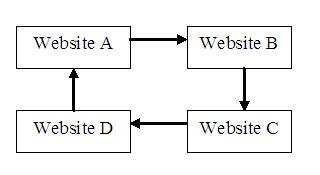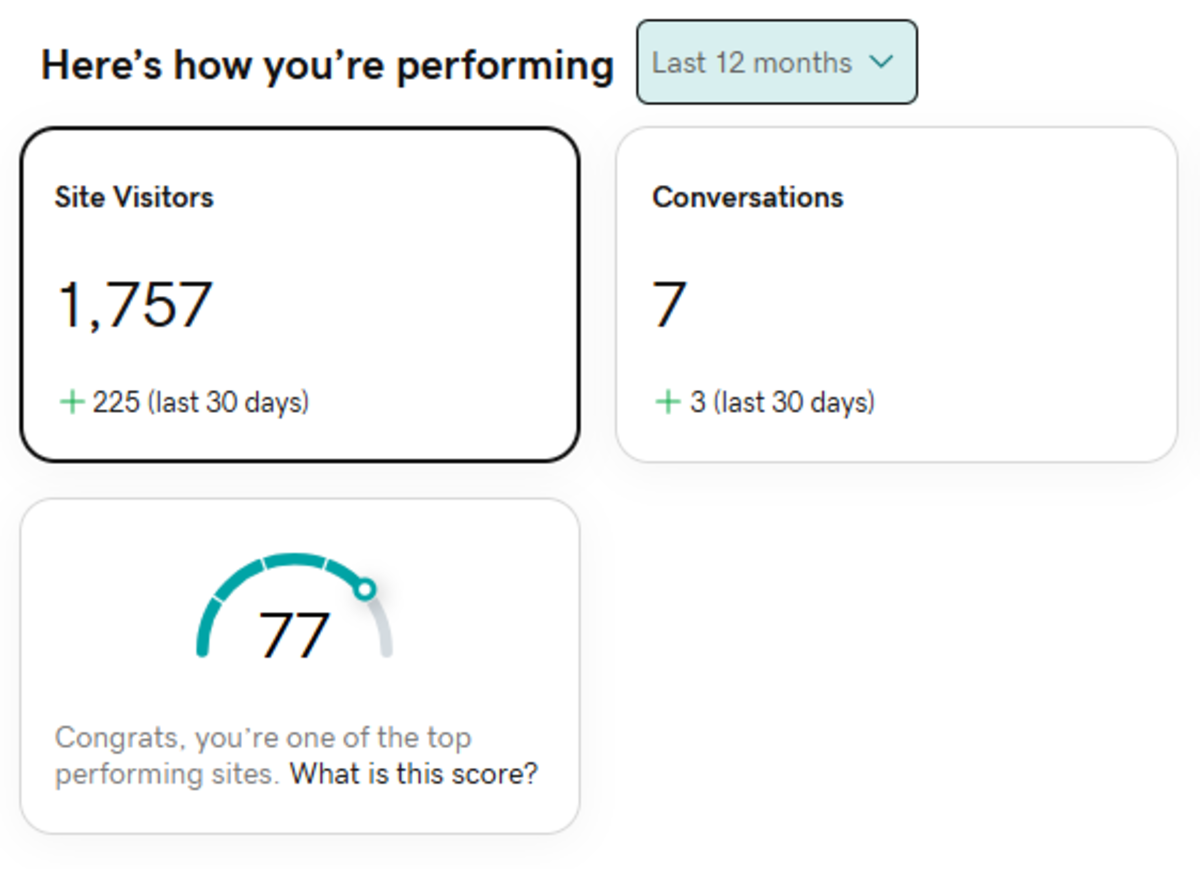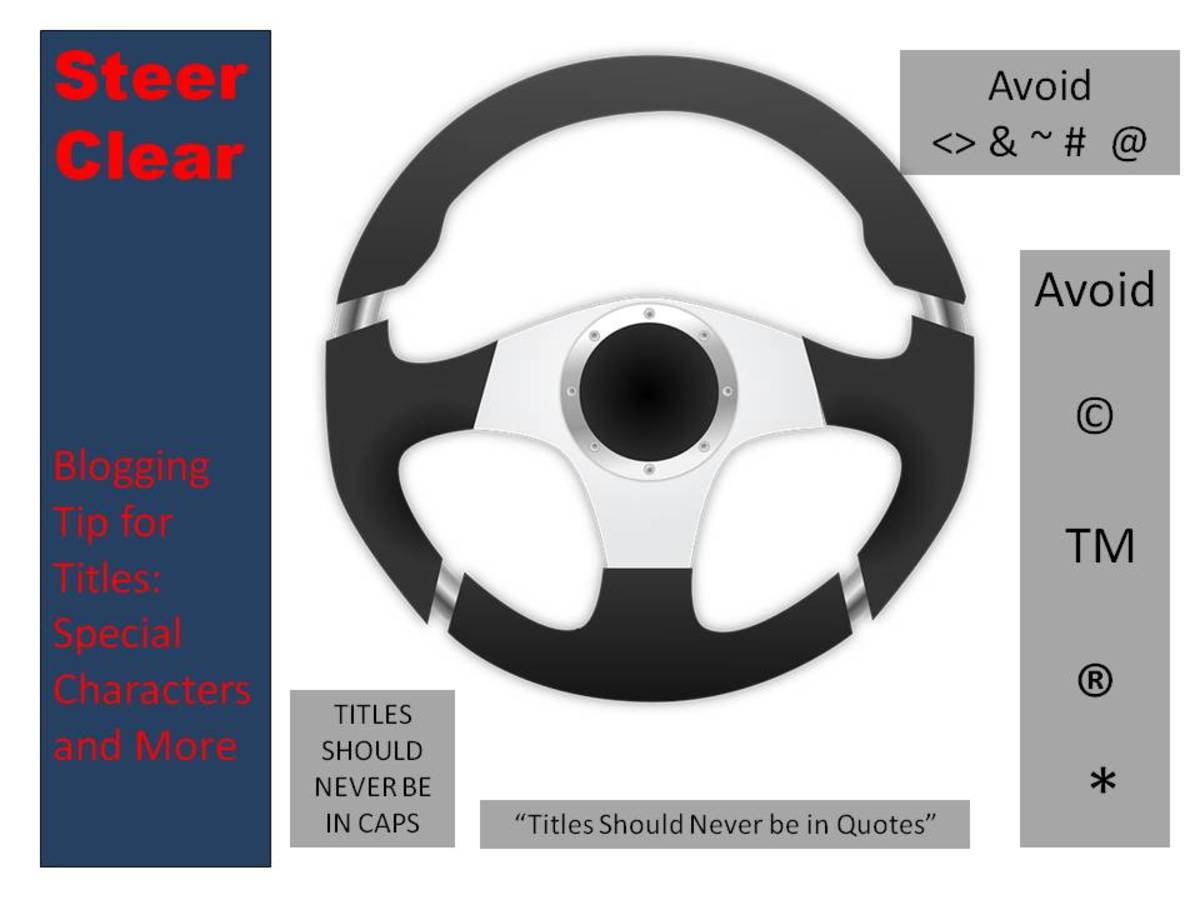- HubPages»
- Business and Employment»
- E-Commerce & How to Make Money Online»
- Search Engine Optimization
Backlinks Definition - How to Define & Achieve a Back Link to Your Website
Backlinks Overview
This Hub will briefly discuss the following topics related to backlinks:
- Definition of a backlink
- Synonyms of backlinks
- Background information (web site/pages, domain name and hosting)
- Inbound versus outbound links;
- Types of back links
- Examples of backlinks
- Anchor text and its importance
- Backlink strategies
- How to obtain a back link to your website
Backlinks? Before one can discuss the concepts of a backlink, it is imperative that one cover the basic fundamentals to search engine optimization and website developement. Before a webmaster can create a back link to his or her website or blog, there must be a website already in place. That means there is a valid registered domain name properly configured (DNS pointing domain to webhost), webpages and uploaded files to a server that has been indexed by one of the four major search engines.
For example, John Doe has a passion for Manufacturing Widgets because he has expertise and great knowledge from working as a Heavy-Duty Widget Mechanic for the past several years. One day, our friend John Doe decided to create a website with a blog (good call but should have tried Hubpages first... it would have been easier).
Consequently, John went through the basic steps of creating a website. First he researched his top tier keywords and various longtail keyword phrases using some highly recommended free online resources like Overture's Inventory Keyword suggestion tool or a more expensive software tools like Wordtracker or KeywordElite/SEOElite. Secondly, he registered a domain name called AcmeWidgets.com with a reputable domain name registrar (I recommend GoDaddy.com). He then opened an account with a reputable website hosting company like HostGator.com or shared hosting, selecting the shared hosting plan that offered the right selection of website hosting features like PHP, MySQL databases, blogs, forums, etc..
Fourthly, he was smart and hired a website designer and programmer who developed a top notch mini-site titled, "Acme Manufacturing Widgets". This website was top-notch and highly optimized for the search engines, consisting of both on-page optimization factors (i.e. keyword density, keyword proximity and placement and use of keyword prominence), as well as use of meta tags and of course offpage search engine optimization strategies such as backlinking strategies. His website developer uploaded his website pages to his host server via a File Transfer Program or "ftp" for short.

Inbound Links Versus Outbound Links
Discussing backlinks would be incomplete without also discussing outbound links in relation to inbound links. The outbound link is defined as "a link that points away from your website". The phrase outbound links is the antonym for the inbound link however this phrase is not very popular because a link pointing away from one's site is generally referred to as a hypertext link or just a link. In this example, Website A (i.e. John's http://www.AcmeWidgets.com site) puts a link to Website B (Jane's site, http://www.SewingWidgetsManufacturing.com).
In this generic example, Website A has a outbound link, whereas Website B has a backlink. This is what it would look like from the perspective of each website:
Website A: outbound link (url)
Website B: inbound link
Since Website B does not have a link back to Website A, Website B's baclink to Website A is considered a one-way backlink.
Backlink Definition
Backlinks are loosely defined as hypertext links pointing towards a particular domain name. According to Björneborn and Ingwersen, backlinks may also be described (in more 'geeky' terms) as any link that is received from one web node from another web node. A web node may be a top level domain name, website, directory or web page.
There are many synonyms of 'backlinks' as well; they are often referred to as follows:
- incoming links;
- inbound links;
- inlinks; and,
- inward links.

Example of a SEO Backlink
Okay, now that you have a website AcmeWidgets.com it is time to generate your first back link. Now after several weeks of being indexed on the world wide web, John's website is discovered by an associate in his industry - let's us call her Jane. Now Jane owns and operates a similar, but non-competing website, in the same widget industry. Jane operates in a more specialized niche than John in the sewing manufacturing widget sector. The URL to Jane's website is SewingManufacturingWidgets.com.
Jane is really impressed with John's manufacturing widget website and not only places the URL to his website, http://www.AcmeWidgets.com but she writes a brief description that uses many of John's main top tier keywords and long-tail keyword phrases. Jane also places a hyperlink text in an anchor tag with the keyword "manufacturing widgets" the very top tier keyword John's website has been optimised to rank well (i.e. listed in first three pages in search engine results page or "serp") for the search engines. Jane's backlink to John's website would look like this:
<A HREF=http://www.AcmeWidgets.com>manufacturing widgets</A>
This would produce a hyperlink on Jane's website that would look like this:Manufacturing Widgets
This would be an example of an organic SEO backlink. Jane placed this backlink to John's Acme Manufacturing website because she valued the content and usefulness of John's website, as it added value to her website and provided benefit to her readers and end-users. John did not have to request or bargain with Jane in order to achieve this backlink to his website; therein lies the value of organic, one-way backlinks.
Now, as an aspiring SEO Professional, John visits a well-respected search engine like Google and searches on the web using a search phrase "sewing manufacturing widgets" and comes across Jane's website on the search engine results page ("SERP"). He visits her site and immediately sees that Jane's website meets his criteria for a link partner as well as a complimentary site for his readers. John searches Janes website for the "Contact Us" page and sends Jane an endearing email stating how he loves her website and requests politely if Jane would link to his website. Jane, being an industry associate agrees to John's request and places his website. Johns' actions could be classified as a 'link request', or an example of a non-organic, SEO link request. Fortunately, most search engines would not be able in this situation to decipher the difference between the two actions and would ultimately be still considered a one-way back link.
Now, after some debate and consideration, Jane becomes a bit indignant and feels that John should have politely reciprocated the backlink back to her webiste. Thus, after some deliberation and consideration, both parties agree to link to each other. When two websites link to each other, this is considered a 'reciprocal link'.
Herein, lies the question, which of the two backlink situations is best or more optimal from a search engine optimization stand-point, the organic oneway back link or the reciprocal link? The aforementioned story is inextricable related to the concepts of link popularity and linking strategies.
WordTracker: Keyword Analysis
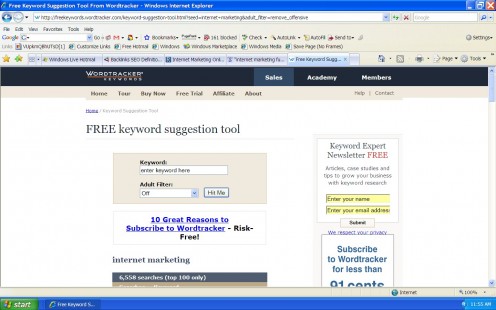
SEO Link Building - Example of a Backlinking Strategy
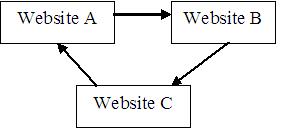
SEO Link Building - Example of a Backlinking Strategy
